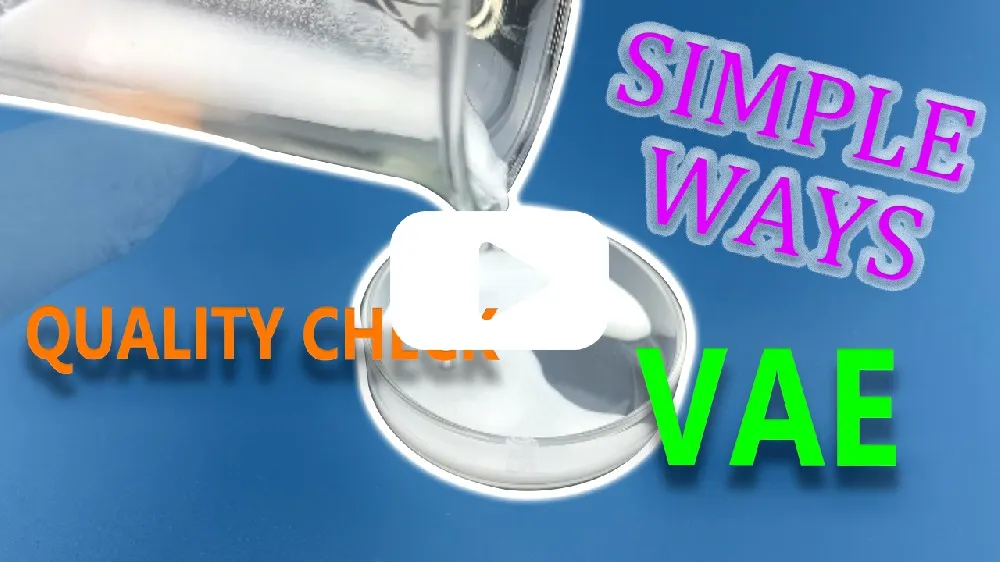
ഡിസം . 28, 2024 04:15 Back to list
mortar adhesive additive
The Importance of Mortar Adhesive Additives in Construction
In the field of construction and building materials, mortar plays a pivotal role in ensuring the structural integrity and durability of masonry works. However, the basic mortar mix may not always meet the demands of modern construction projects. This is where mortar adhesive additives come into play. These additives enhance the performance of mortar and significantly contribute to the quality of both interior and exterior applications.
Understanding Mortar and Its Components
Mortar is primarily composed of sand, cement, and water. Each of these components serves a critical function, with cement acting as the binding agent and sand providing bulk and workability. However, the traditional mortar may lack sufficient adhesion, flexibility, and water resistance, which can lead to issues such as cracking, peeling, and ultimately, structural failure. To address these concerns, various adhesive additives can be incorporated into the mortar mix.
Types of Mortar Adhesive Additives
There are several types of mortar adhesive additives available, each designed to improve specific properties of the mortar. The most common categories include
1. Polymer Additives These are synthetic materials that improve the adhesion and flexibility of the mortar. They create a stronger bond between the mortar and the substrate, which is vital for applications such as tile setting and façade installations. Polymer-modified mortars are resistant to water and can withstand thermal expansion and contraction, making them ideal for diverse climates.
2. Fibers Incorporating fibers such as polypropylene or glass fibers into the mortar can enhance its tensile strength and crack resistance. These fibers help to distribute stress throughout the mortar, minimizing the chances of cracking and improving overall durability.
3. Plasticizers and Retarders Plasticizers improve the workability of the mortar, making it easier to apply and shape. Retarders slow down the curing process, allowing for extended working times, which is particularly beneficial in hot climates where quick setting times can pose difficulties.
mortar adhesive additive

4. Hydrophobizing Agents These additives are designed to repel water, enhancing the water resistance of the mortar. This characteristic is essential for exterior applications where moisture exposure can lead to deterioration over time.
Benefits of Using Mortar Adhesive Additives
The use of mortar adhesive additives provides numerous advantages for construction projects
- Increased Adhesion Additives considerably enhance the bond strength of mortar. This is crucial for high-stress applications such as floors and wall tiles, where the risk of slippage and movement can undermine the integrity of the installation.
- Improved Workability Mortar with additives is easier to spread and manipulate, allowing for more precise applications and reducing the likelihood of errors during installation.
- Enhanced Durability By improving the overall mechanical properties of mortar, additives can significantly extend the lifespan of masonry works. This results in fewer repairs and replacements, leading to cost savings for builders and homeowners alike.
- Resistance to Environmental Factors Additives that improve resistance to moisture and temperature fluctuations are essential for outdoor applications. This ensures that structures can withstand the elements over time.
Conclusion
In conclusion, mortar adhesive additives are indispensable in modern construction. They elevate the performance of traditional mortar mixes, providing enhanced adhesion, flexibility, and durability. As the demand for high-quality building materials grows, understanding and utilizing these additives will be key to successful construction projects. Whether it's for residential buildings or large commercial structures, incorporating mortar adhesive additives is a step towards ensuring longevity and resilience in masonry applications. As technology advances and new formulations are developed, the future of mortar and its applications looks promising, setting new standards for the construction industry.
-
tile-bonding-additives-for-stronger-bonds
NewsAug.22,2025
-
construction-grade-rdp-for-wholesale-needs
NewsAug.22,2025
-
trusted-wholesale-hec-partners
NewsAug.22,2025
-
hec-solutions-for-industrial-excellence
NewsAug.22,2025
-
construction-additives-need-hpmc-essentials
NewsAug.22,2025
-
hpmc-versatile-cellulose-ether-for-industries
NewsAug.22,2025







